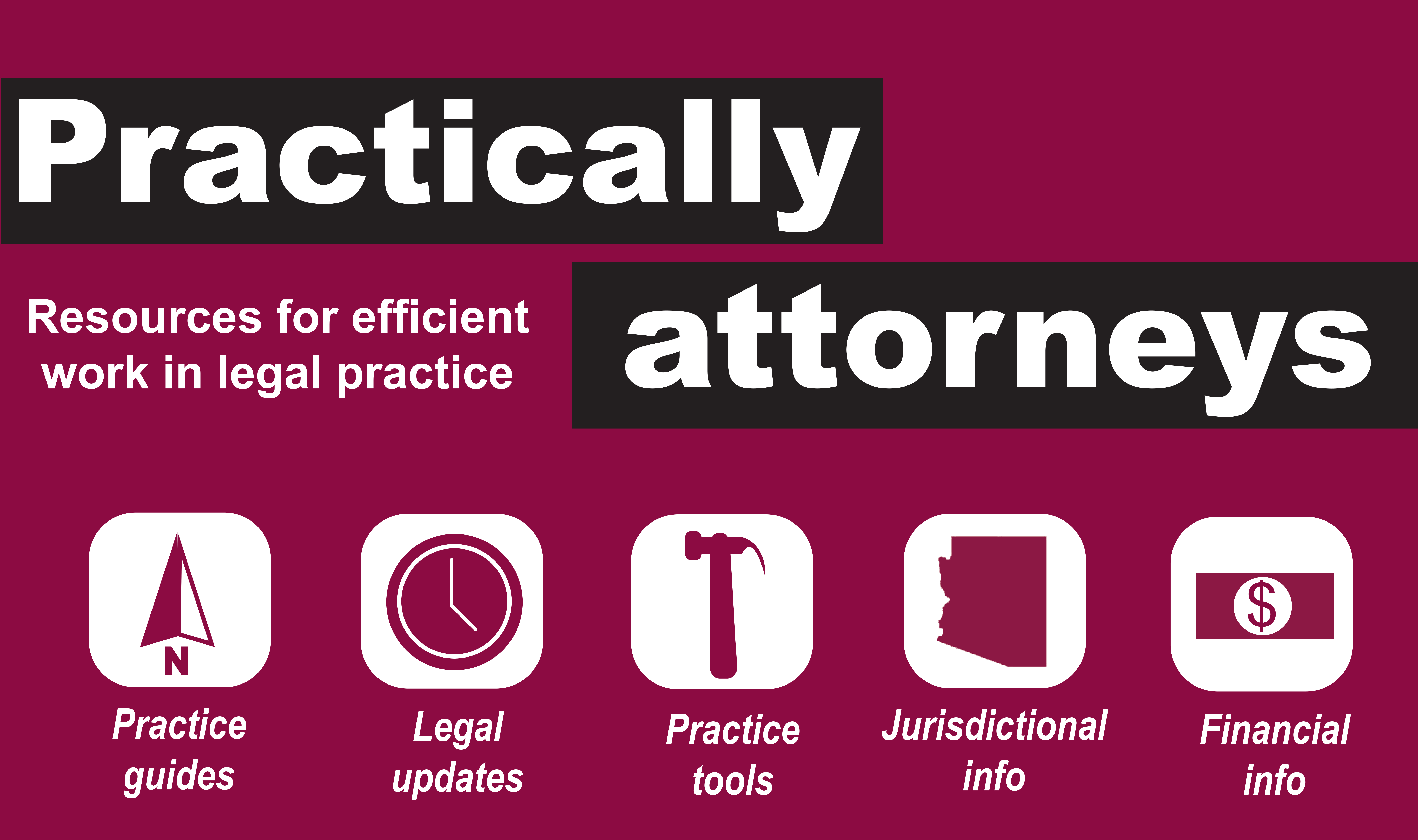 Oral arguments force first year law students to look, sound, and act like lawyers, many for the first time. And they’re graded.
Oral arguments force first year law students to look, sound, and act like lawyers, many for the first time. And they’re graded.
Our new law library research guide dedicated to First Year Legal Writing will ensure you’re ready to stand before your academic-judicial panel.
Probably the best way to start planning for your own presentation is to observe the pros in action. We have gathered audio and video recordings of appellate arguments in front of courts including the Arizona Court of Appeals, the Ninth Circuit Court of Appeals, and the Supreme Court of the United States—including all of Professor Paul Bender’s SCOTUS appearances. It will help give a sense of the arguments’ pace. In SCOTUS, the advocates barely have time to introduce themselves before being peppered with judicial questions.
We have gathered many of the books about talking to the judges, some of them smaller than others. Scholarly and professional articles will help you prepare for your specific courtroom tasks. Blog posts break it down even more, with tips, tricks, and just a little welcome reassurance.
Of course, the heart of good oral advocacy (and your Legal Advocacy class) is good writing, so our guide provides more resources to help with all of your briefs and memos in addition to your oral arguments.
We have gathered resources from the American Bar Association and experts such as Bryan Garner and ASU Law Professors Judith Stinson, Charles Calleros, and Kimberly Holst to help you improve your legal analysis, clarity, and structure, whether you are writing for a professor who swears by CREAC, CRuPAC, or even IRAAAPC.
Of course, the best ways to maximize your chances at a beautiful Legal Advocacy grade, graduate writing assignment, and legal career are to practice and seek expert guidance. The reference librarians have experience with these rites of passage at the Ross-Blakley Law Library. Librarian Sean Harrington and Research Fellow Andrea Gass, who work most closely with 1Ls, both have JDs, public speaking experience, and legal research expertise. Click here to make an appointment. It might be the most productive half-hour you can invest for your Legal Advocacy class. Persuasive legal writing for courts and journals requires very different research strategies than objective memos, and we have the expertise to help you shine. May you please the court!
Andrea Gass, Law Library Fellow


